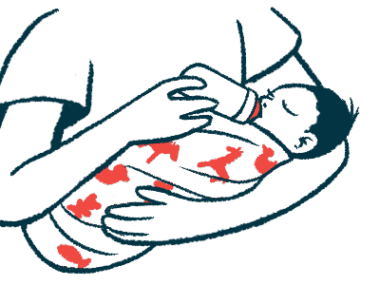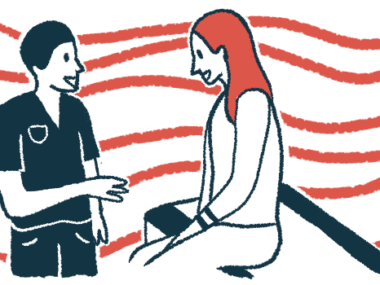Using the spoon theory to map out my energy plan for the day
PNH changed the way I looked at the activities on my 'to do' list
Written by |

Before I was diagnosed with my rare disease, paroxysmal nocturnal hemoglobinuria (PNH), I took having energy 100% for granted. Since I didn’t have fatigue, I could go about my day doing anything, even exercise (although it wasn’t my favorite activity), without any problems. I liked that I didn’t have to center my day around figuring out what time I was going to exert the most energy.
All of that changed when PNH came into my life.
I now must be strategic in how I plan my day and where I use my energy. I’ve succeeded in following the spoon theory, a metaphor created by writer Christine Miserandino, that uses spoons to represent the amount of energy people with chronic illness have. I wake up with, for instance, 10 spoons, and each task I complete uses up those spoons — small tasks requiring one spoon, and big tasks requiring four or five. My energy is at an all-time low when all my spoons are gone for the day.
Each day I take a different strategy with my spoons. Some days I complete tasks that take the least amount of energy first, and cross many things off my list before my energy runs out. This plan, though, leaves a lot of the bigger spoon activities piling up and rolling over each day, causing me more stress. So on some days I’ll focus on one or two longer, energy-consuming tasks.
It’s frustrating having to come up with a plan each morning when I wake up, but if I don’t, then I can’t allot my energy to make it through to the end of the day. At the beginning of my PNH journey, I wouldn’t plan out my energy and would just push through, pretending it wasn’t an issue. But doing that too many days in a row left me beyond exhausted, so much so that it would take weeks to recover.
Coming up with my daily energy plan helps me avoid stress and disappointment when my energy is spent. I think of what absolutely needs to get done today versus what can wait till tomorrow. Once I get everything completed that must be done, there’s no pressure to continue, and I can rest the remainder of the day to conserve my spoons.
I felt like I mastered this strategy until I became a mom. Now I’ve had to learn an entirely new strategy to make sure I have enough spoons at any given point of the day to take care of my daughter. This task was particularly daunting when she was born, and sleep-depriving when she was a newborn waking every few hours.
Navigating the road of parenthood along with an unpredictable energy level is tricky. As I’m adapting my strategies for the new challenge, caffeine and self-grace have become my best friends.
Viewing my lifestyle with PNH, I weigh rest as important as being productive. At times I feel judged for resting. I can’t help but think people are putting me into the stereotypical role of being a lazy millennial. I want to scream from the rooftops: “I’m not being lazy; I’m just conserving my spoons!” But I’ve come to accept that not everyone will understand.
Be confident in finding what works best for your lifestyle because you’re the one navigating how to get through your day. When I question if others are judging what I’m doing, or even if I doubt my plans, I remember an important childhood lesson from Aesop’s “The Tortoise and the Hare” fable: Slow and steady wins the race.
Note: PNH News is strictly a news and information website about the disease. It does not provide medical advice, diagnosis, or treatment. This content is not intended to be a substitute for professional medical advice, diagnosis, or treatment. Always seek the advice of your physician or other qualified health provider with any questions you may have regarding a medical condition. Never disregard professional medical advice or delay in seeking it because of something you have read on this website. The opinions expressed in this column are not those of PNH News or its parent company, Bionews, and are intended to spark discussion about issues pertaining to paroxysmal nocturnal hemoglobinuria.






